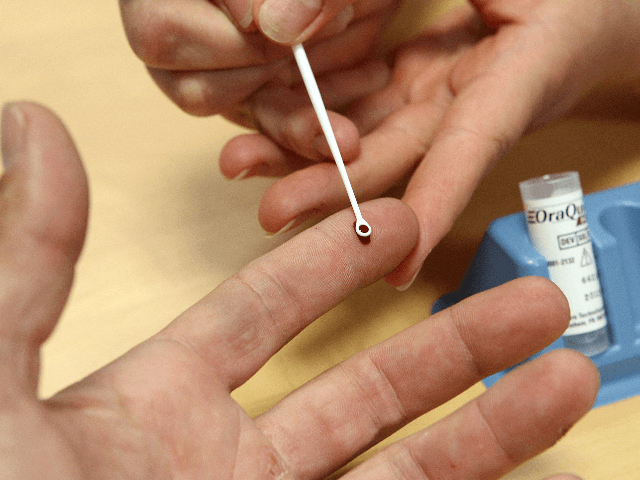The Florida Surgeon General declared a public health emergency on Thursday after 56 new cases of Hepatitis A were reported in the last reporting period.
The declaration allows health officials to treat individuals suspected of carrying the virus, according to the Miami Herald.
“I am declaring this Public Health Emergency as a proactive step to appropriately alert the public to this serious illness and prevent further spread of Hepatitis A in our state,” said Florida Surgeon General Dr. Scott Rivkees.
“The best way to prevent hepatitis A is through vaccination. It is important that we vaccinate as many high-risk individuals as possible in order to achieve herd immunity,” he concluded.
The Florida Department of Health said that in 2019 cases of Hepatitis A in the state “rose to 2,034 as of July 27, up from the 1,978 cases reported on July 20.”
Reports state that Hepatitis A is caused by a virus that infects the liver and is spread through the feces of individuals who are infected. Those who have the virus can spread it by not washing their hands after using the bathroom since feces can be transferred onto food and other objects.
The U.S. Department of Health and Human Services states that “Viral hepatitis is a serious public health problem and we are losing ground against it. Some states are experiencing increases in hepatitis A and hepatitis B and hepatitis C has increased more than three-fold in the United States.”
The department said individuals who have Hepatitis B or Hepatitis C are at an “increased risk” of liver disease, liver cancer, or even death.
The Florida Department of Health said individuals infected with the virus can carry it with no symptoms for up to two weeks. However, during that time they can spread it to others unknowingly.
The department stated that symptoms of the virus include “fever, fatigue, loss of appetite, nausea, nomiting, abdominal pain, dark urine, diarrhea clay-colored bowel movements, joint pain, and jaundice (yellow skin or eyes).”
To stop the spread of Hepatitis A, the department said people should wash their hands with soap and warm water for at least 20 seconds after using the bathroom and before preparing food.

COMMENTS
Please let us know if you're having issues with commenting.